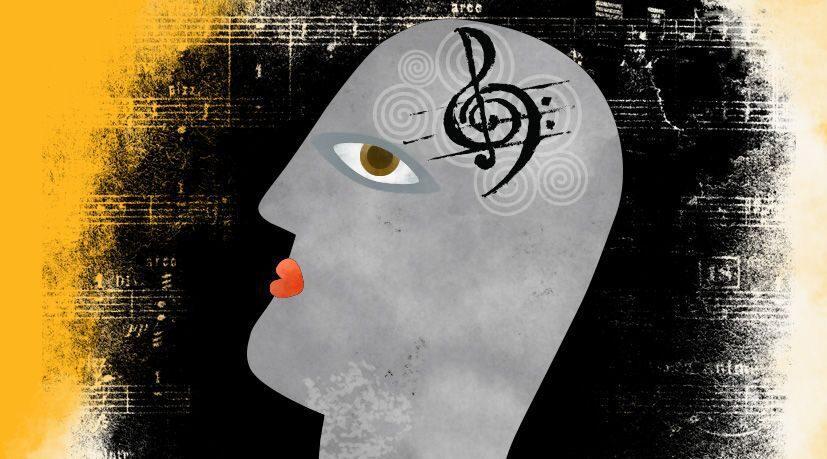
How Music Shapes Emotions, Memory, and Brain Function
Music has long been a vital part of human experience, with its impact extending far beyond mere entertainment. From calming babies to aiding Alzheimer’s patients, music’s effects are deeply physiological and psychological. As an evolutionary adaptation, music influences our mood, concentration, and movement through complex brain responses triggered by rhythm, tone, and tempo. In this blog post, we’ll delve into the fascinating ways music shapes emotions, memory, and brain function, exploring the remarkable connections between sound and the human mind.
Emotional Resonance
Music’s capacity to evoke emotions is one of its most profound effects on the brain. Research has shown that listening to music activates the brain’s reward system, releasing dopamine and endorphins, which are associated with pleasure and relaxation. This emotional resonance is thought to have evolutionary roots, with music serving as a means of social bonding, communication, and self-expression. In fact, studies have demonstrated that music can:
- Enhance mood: Music has been shown to reduce stress, anxiety, and depression by stimulating the brain’s reward system and releasing feel-good hormones.
- Evoke empathy: Music’s emotional resonance can foster empathy and understanding between individuals, promoting social bonding and cooperation.
- Induce catharsis: Music’s emotional intensity can provide a safe outlet for processing and releasing pent-up emotions, leading to emotional release and healing.
Memory and Learning
Music’s impact on memory and learning is another remarkable aspect of its effects on the brain. Research has demonstrated that music can:
- Improve memory recall: Music has been shown to enhance memory recall and retention by stimulating the brain’s hippocampus, a region critical for memory formation.
- Facilitate learning: Music has been used effectively in educational settings to improve cognitive function, language skills, and academic performance.
- Enhance creativity: Music’s ability to stimulate the brain’s default mode network (DMN) has been linked to increased creativity, imagination, and problem-solving abilities.
Brain Function and Neuroplasticity
Music’s effects on brain function and neuroplasticity are equally impressive. Research has shown that music can:
- Reorganize brain function: Music has been shown to reorganize brain function in individuals with neurological disorders, such as stroke and Parkinson’s disease.
- Enhance cognitive function: Music has been linked to improved cognitive function, including attention, executive function, and processing speed.
- Promote neuroplasticity: Music’s ability to stimulate the brain’s neural networks has been linked to increased neuroplasticity, the brain’s ability to adapt and change in response to experience.
From Babies to Alzheimer’s Patients
Music’s impact is not limited to specific age groups or populations. From calming babies to aiding Alzheimer’s patients, music’s effects are universal and far-reaching. For example:
- Music therapy is used to calm and soothe premature babies, reducing stress and promoting bonding.
- Music has been shown to improve cognitive function and mood in individuals with Alzheimer’s disease and other dementias.
- Music has been used to aid rehabilitation in patients with physical and cognitive impairments, promoting recovery and well-being.
Conclusion
In conclusion, music’s impact on emotions, memory, and brain function is profound and multifaceted. From its evolutionary roots to its neurological effects, music influences our mood, concentration, and movement through complex brain responses triggered by rhythm, tone, and tempo. Whether used to calm, inspire, or heal, music’s effects are deeply physiological and psychological, offering a powerful tool for promoting emotional well-being, cognitive function, and overall health.
Source:
https://ascendants.in/spotlight/music-brain-emotions-memory-health/






